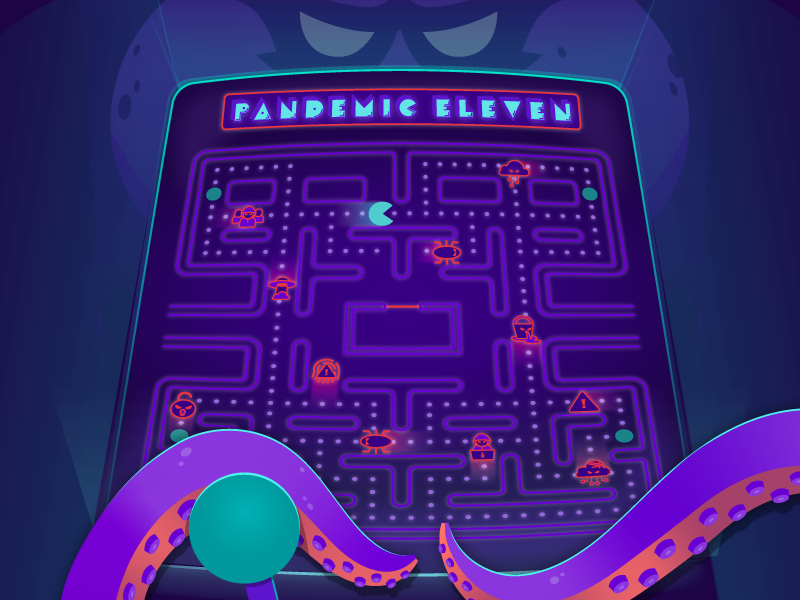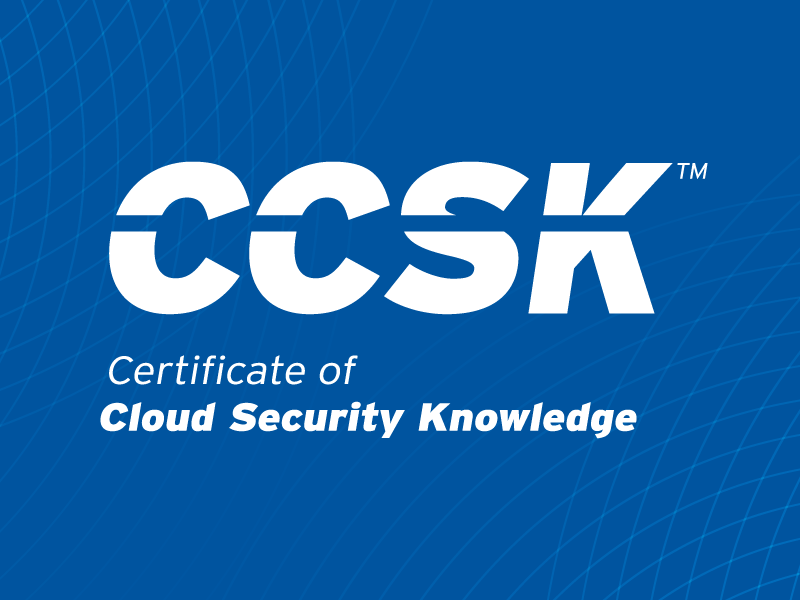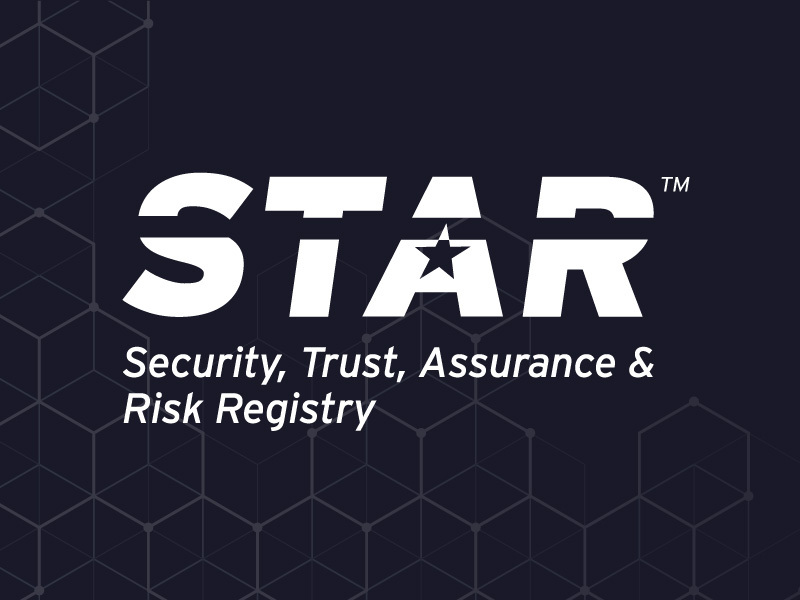Optimizing Secrets Management to Enhance Security and Reduce Costs
Published 10/22/2024
Written by Itzik Alvas, Entro Security.
Cyber threats are evolving rapidly. Organizations must navigate the delicate balance between robust security measures and cost-efficiency. One critical aspect of this balancing act is Non-Human identities & secrets management; secrets management is how organizations handle and protect sensitive information such as secrets, API keys, and encryption keys. Effective secrets management not only fortifies security but can also significantly reduce costs. Here’s how a strategic approach to managing secrets can lead to both enhanced security and cost savings.
The Cost of Ineffective Non-Human Identities & Secrets Management
Inefficient NHI’s & secrets management often results in a range of security vulnerabilities and operational inefficiencies. When secrets are not properly stored, managed, or rotated, the risk of unauthorized access increases, potentially leading to data breaches and compliance issues. Additionally, poorly managed secrets can lead to wasted resources. Manual processes for updating and distributing secrets are not only time-consuming but also error-prone, further escalating operational costs.
Centralized Secrets Management
A key strategy in reducing both security risks and costs is implementing a centralized secrets management system. By consolidating the management of sensitive information into a single platform, organizations can achieve several benefits:
- Enhanced Security: Centralized systems offer improved control over who has access to secrets. They provide robust access controls, auditing capabilities, and encryption, ensuring that sensitive information is protected against unauthorized access.
- Streamlined Operations: Centralization simplifies the process of updating and distributing secrets. Automated tools can rotate secrets on a regular schedule, reducing the administrative burden on IT teams and minimizing the risk of human error.
- Cost Efficiency: By reducing the time and effort required to manage secrets, organizations can lower operational costs. Centralized systems also often integrate with other security tools, leading to streamlined workflows and reduced overhead.
Automation and Integration
Automating NHI’s & secrets management processes is crucial for optimizing security and cost-efficiency. Automated systems can handle secret generation, rotation, and distribution without manual intervention, which not only speeds up these processes but also reduces the likelihood of errors. Additionally, integrating secrets management with other security and operational tools enhances overall efficiency. For instance, automated secrets management can be seamlessly integrated with continuous integration/continuous deployment (CI/CD) pipelines, ensuring that secrets are handled securely throughout the development lifecycle.
Best Practices for Secrets Management
To further bolster security and achieve cost savings, organizations should adhere to the following best practices:
- Implement Strong Access Controls: Limit access to secrets based on the principle of least privilege. Ensure that only authorized personnel or systems can access sensitive information.
- Regularly Rotate Secrets: Regularly update and rotate secrets to reduce the risk of exposure. Automation tools can assist in managing this process efficiently.
- Use Encryption: Ensure that secrets are encrypted both in transit and at rest. This adds an additional layer of protection against unauthorized access.
- Monitor and Audit Access: Continuously monitor and audit access to secrets to detect and respond to any unauthorized access attempts or anomalies.
- Educate and Train Staff: Provide ongoing training for staff on best practices for handling and managing secrets. Awareness and education can significantly reduce the risk of human error.
Conclusion
Effective Non-human Identities secrets management is a critical component of a comprehensive security strategy. By adopting centralized systems, automating processes, and following best practices, organizations can not only enhance their security posture but also achieve significant cost savings. As cyber threats continue to evolve, prioritizing robust secrets management will be crucial for maintaining both security and operational efficiency.
For more insights, visit Entro Security’s blog.
Unlock Cloud Security Insights
Subscribe to our newsletter for the latest expert trends and updates
Related Articles:
Why Zero Trust Needs to Start at the Session Layer
Published: 02/19/2026
Token Sprawl in the Age of AI
Published: 02/18/2026
AI Security: IAM Delivered at Agent Velocity
Published: 02/17/2026
How CSA STAR Helps Cloud-First Organizations Tackle Modern Identity Security Risks
Published: 02/13/2026





.png)



